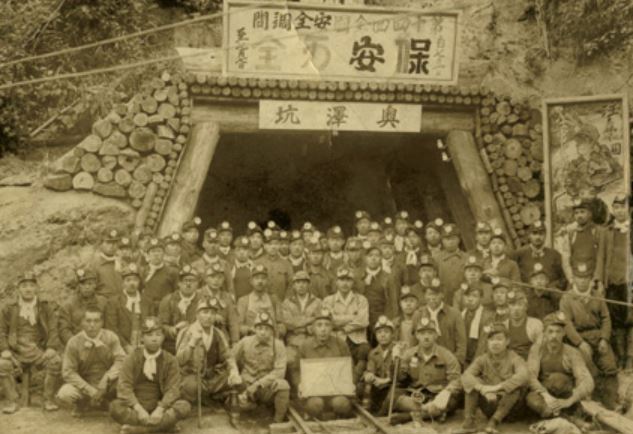Civic group pushes inter-Korean project to bring home remains of forced workers from Japan
By YonhapPublished : June 28, 2018 - 15:09
A South Korean civic group said Thursday that it seeks to work together with North Koreans to bring home the remains of Korean victims of forced labor under Japan's colonial rule.
The Korean Council for Reconciliation and Cooperation, devoted to inter-Korean civilian cooperation, said its officials will leave for North Korea on July 16 for a three-day visit to discuss the proposal.
"The central agenda is the South and North's joint efforts to bring home many remains of forced laborers that are still in Japan," Kim Hong-gul, head of the KCRC, told reporters.
The North has already accepted the proposal and will make an official invitation next week at the latest, Kim said. He is the youngest son of late President Kim Dae-jung, who is known for his Sunshine Policy of engaging North Korea.
The Korean Council for Reconciliation and Cooperation, devoted to inter-Korean civilian cooperation, said its officials will leave for North Korea on July 16 for a three-day visit to discuss the proposal.
"The central agenda is the South and North's joint efforts to bring home many remains of forced laborers that are still in Japan," Kim Hong-gul, head of the KCRC, told reporters.
The North has already accepted the proposal and will make an official invitation next week at the latest, Kim said. He is the youngest son of late President Kim Dae-jung, who is known for his Sunshine Policy of engaging North Korea.

The project was suggested amid a growing sense of thaw between the two Koreas, which led to the landmark inter-Korean summit in April at which the leaders agreed to expand cross-border exchanges and cooperation.
Historians say millions of Koreans were mobilized into forced labor during Japan's colonial rule from 1910-1945.
Kim said the retrieval project may start with about 2,200 sets of remains that have been located around Japanese temples.
The project will also involve pro-North Korean organizations in Japan, including the General Association of Korean Residents in Japan, known as Chongryon, and some Japanese civic organizations, he said.
He met with relevant Japanese officials, and they responded positively, he said.
He expects they could launch the campaign before the end of July.
The group seeks to return the remains to their relatives. But unidentified remains may be buried in a symbolic area, such as the Demilitarized Zone, so that people from the two sides could pay tribute, he said. (Yonhap)








![[Robert J. Fouser] Social attitudes toward language proficiency](http://res.heraldm.com/phpwas/restmb_idxmake.php?idx=644&simg=/content/image/2024/05/16/20240516050799_0.jpg&u=)

![[Graphic News] How much do Korean adults read?](http://res.heraldm.com/phpwas/restmb_idxmake.php?idx=644&simg=/content/image/2024/05/16/20240516050803_0.gif&u=)







![[Herald Interview] Byun Yo-han's 'unlikable' character is result of calculated acting](http://res.heraldm.com/phpwas/restmb_idxmake.php?idx=652&simg=/content/image/2024/05/16/20240516050855_0.jpg&u=)
